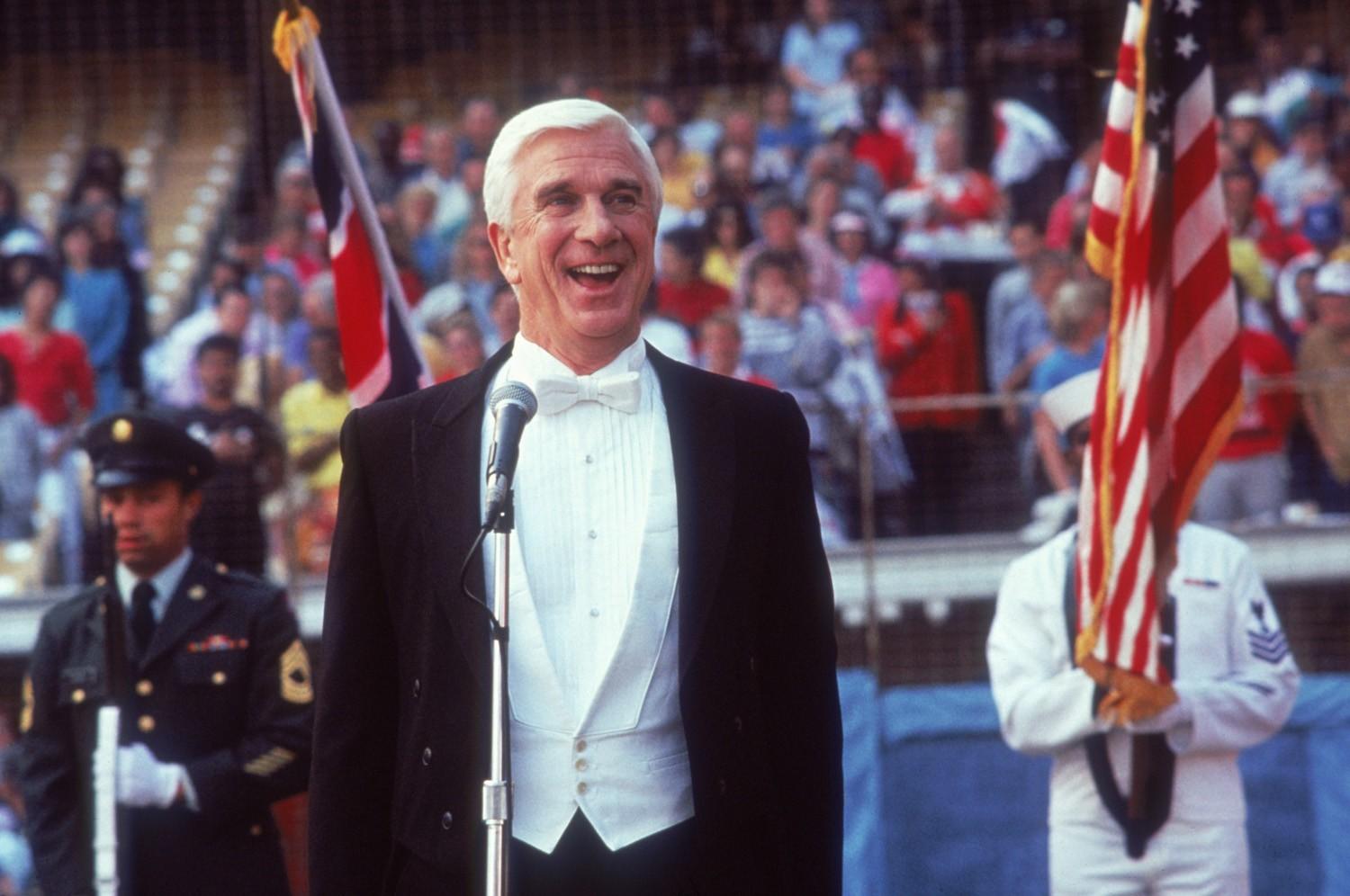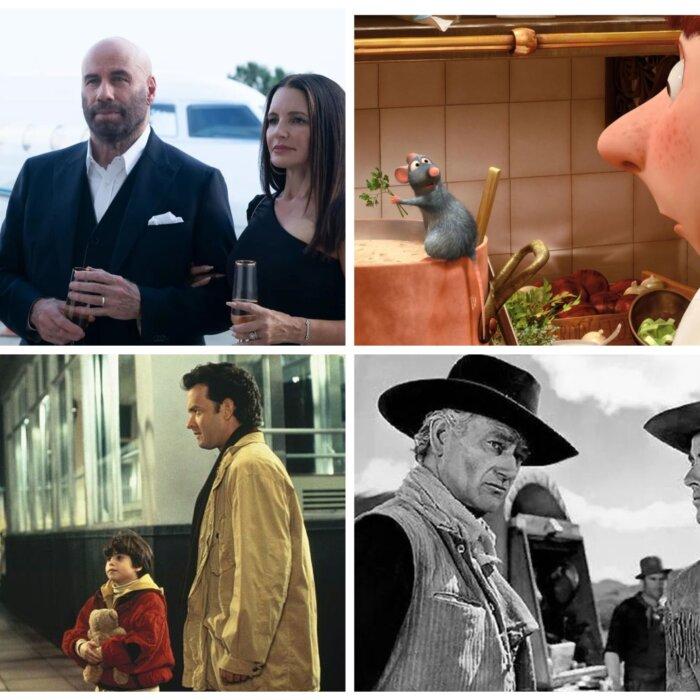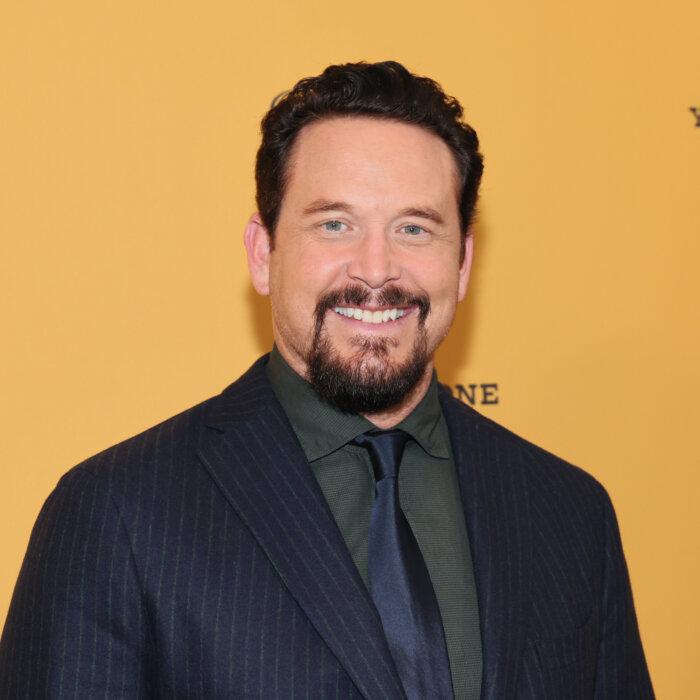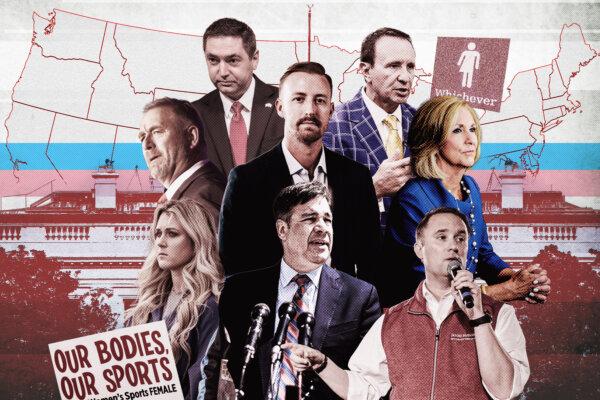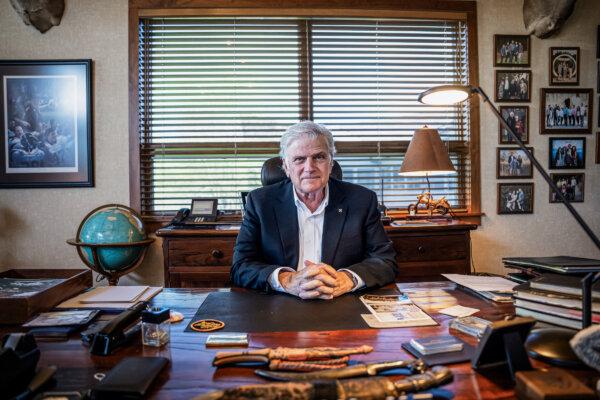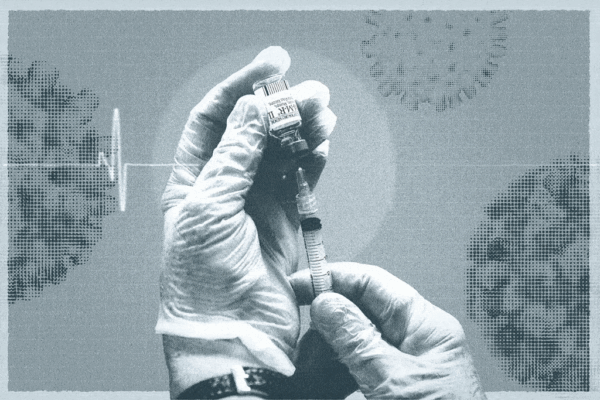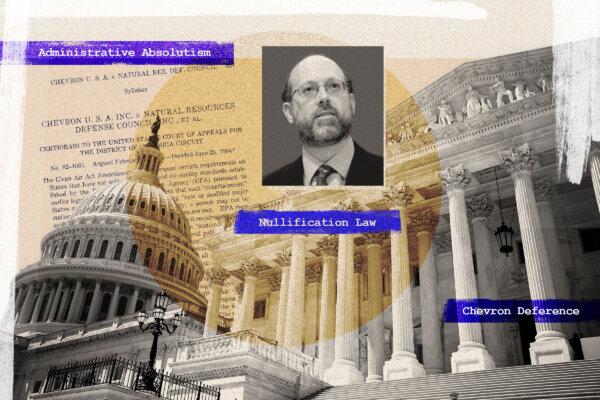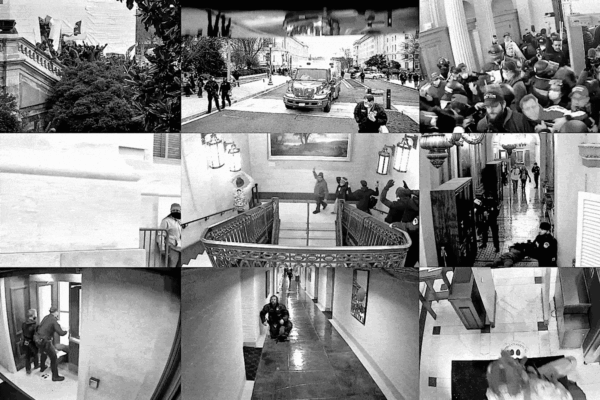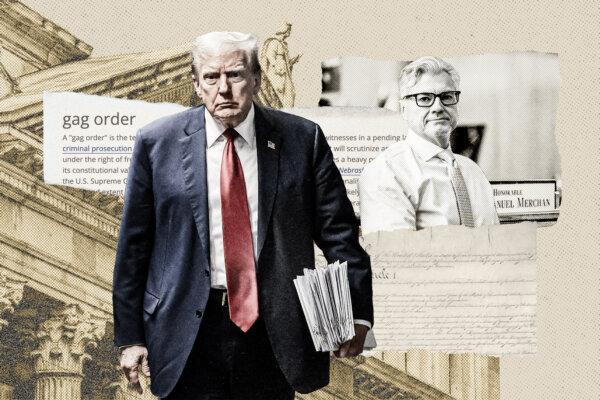Due for release on July 28, 2025, the fourth “Naked Gun” will see Liam Neeson play the lead character Frank Drebin Jr.; Seth MacFarlane of “Family Guy” fame as producer; and Akiva Schaffer from comedy trio The Lonely Island as director.
David Zucker, one-third of the “Zucker, Abrams, and Zucker” comedy team that crash-landed upon the smash-hit studio comedy scene with “Airplane!” (1980), ran directorial point on the police procedural riffs “Naked Gun” 1 and 2, and co-wrote all three.
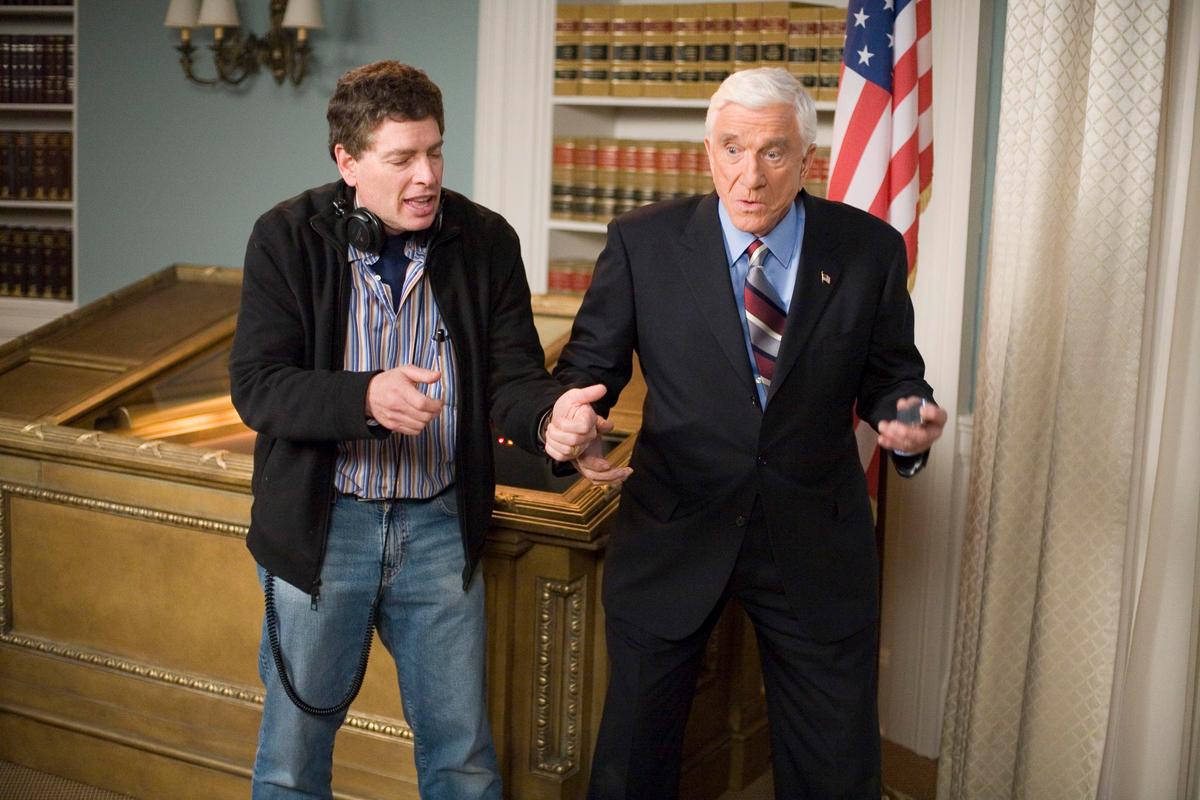
The beloved “Naked Gun” film franchise (1988–1994) follows the exploits of bumbling lieutenant Frank Drebin, originally played by the late Leslie Nielsen. It was born from 1982’s short-lived “Police Squad!,” a six-episode small-screen experiment that didn’t work because “TV audiences needed a laugh track at the time,” Mr. Zucker told The Epoch Times.
Mr. Zucker has since continued to forge his legacy on more sight-gags, pratfalls, self-deprecating zingers, and non-sequiturs galore—beloved hallmarks of his most iconic films.
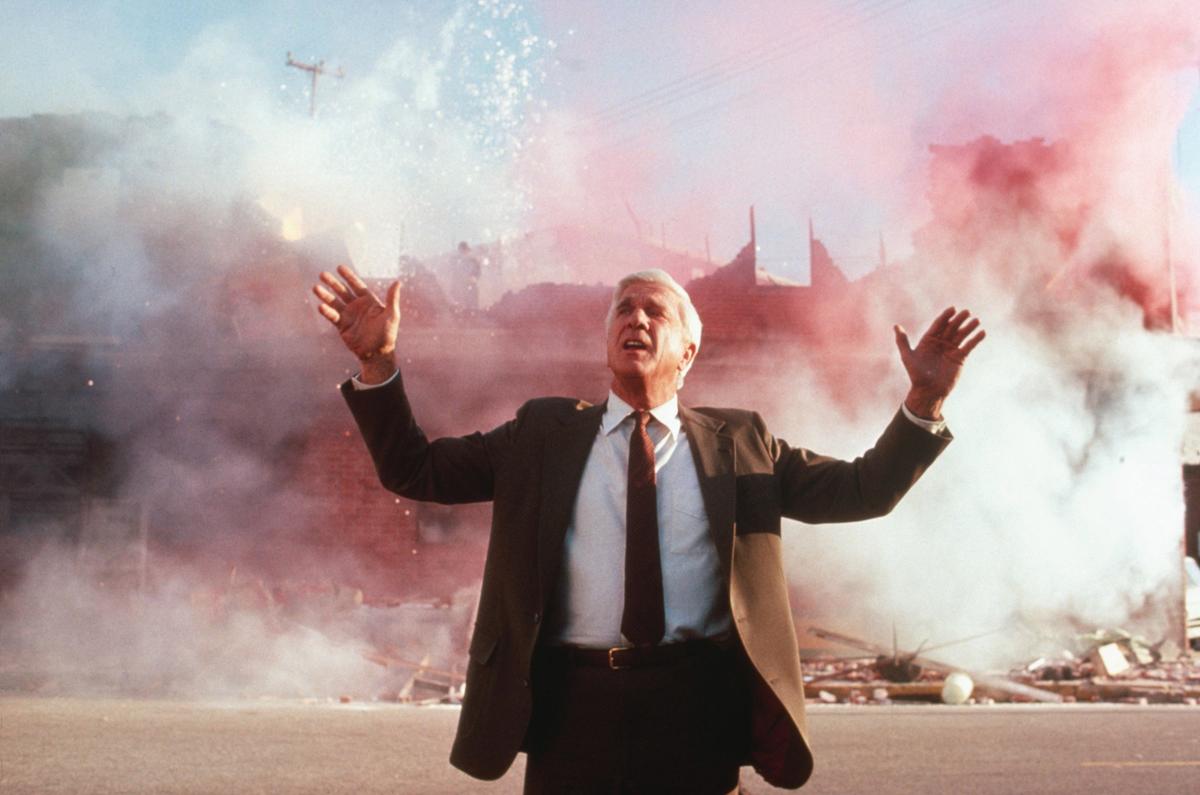
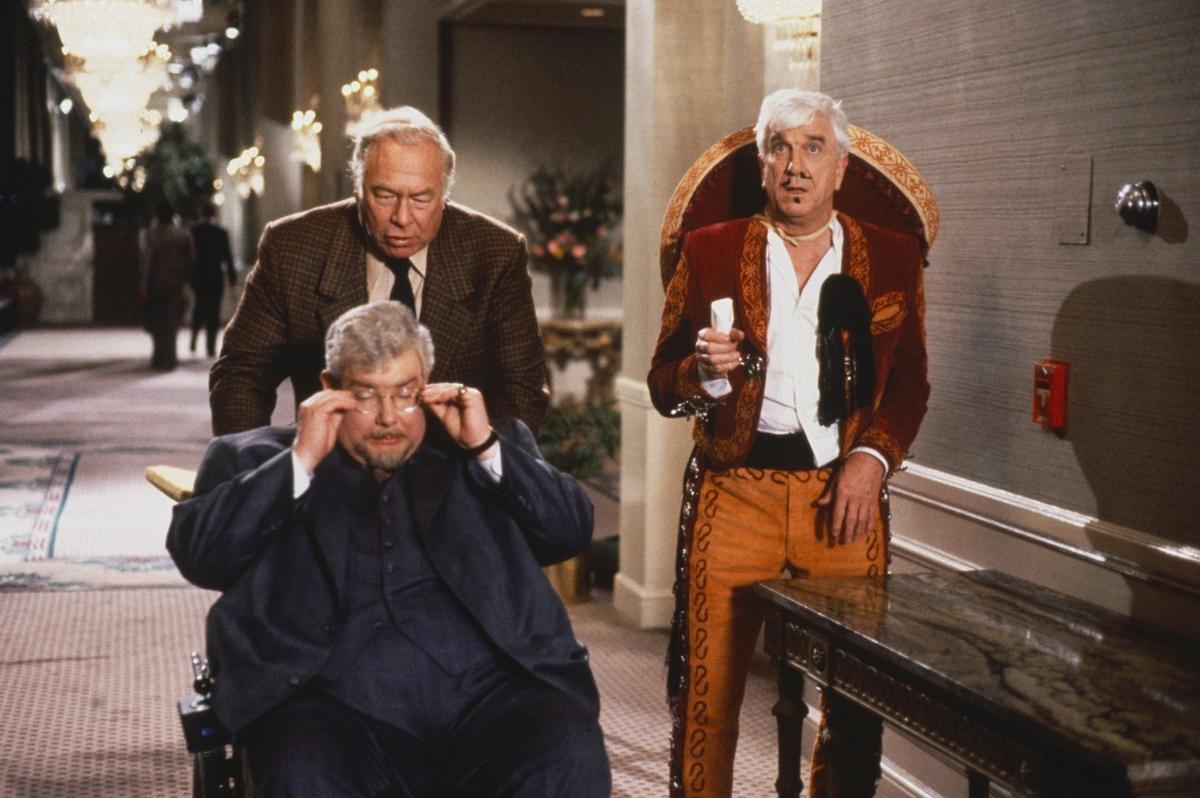
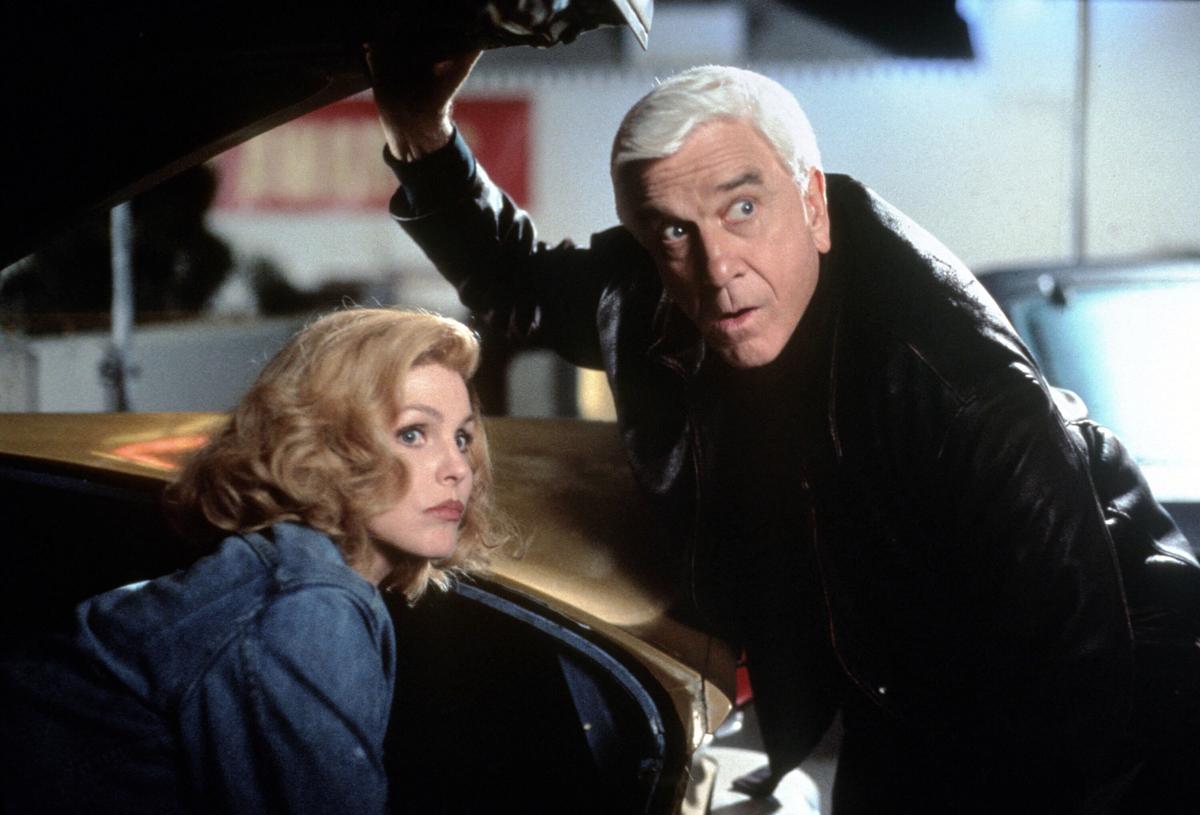
It was a watershed success that primed Mr. Zucker, now 76, and his unique brand of humor for the millennial generation, garnering $220 million at the box office on a $48 million budget.
Suddenly, he and his lot were in danger of being shunned from the same table they not only set but helped to build.
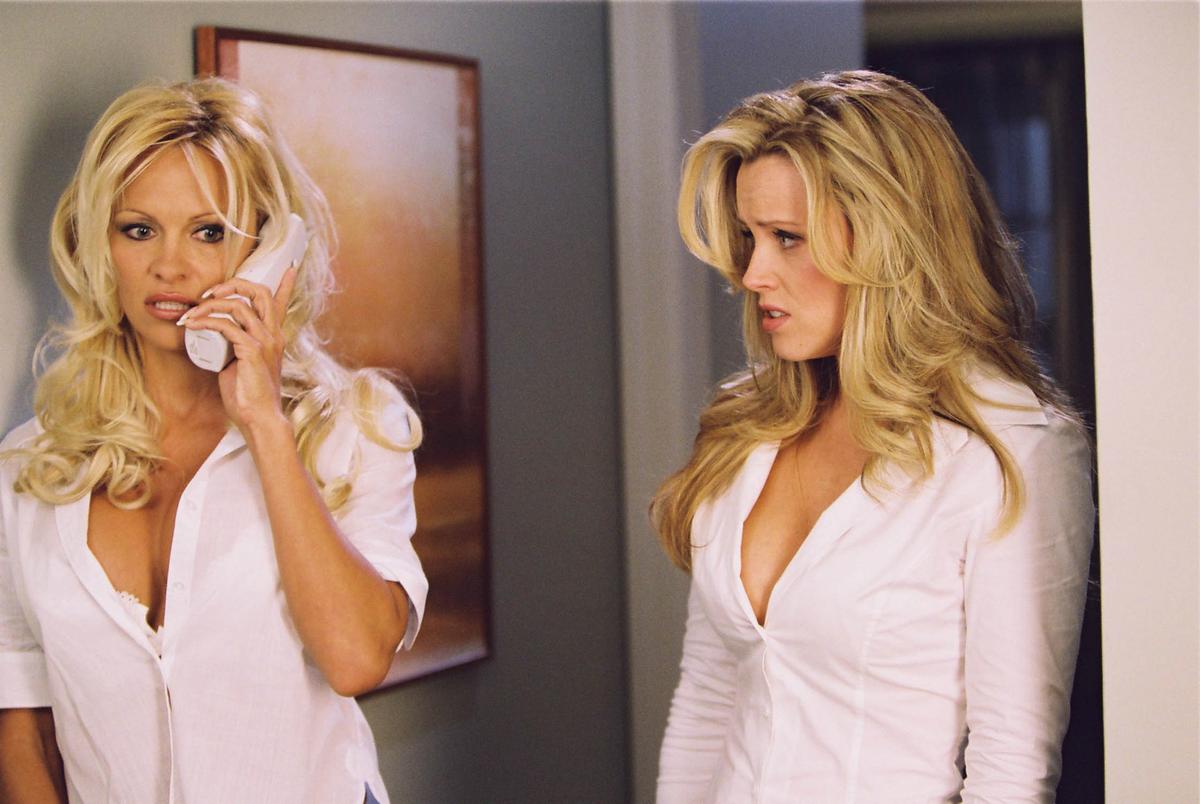
“An American Carol” (2008) starred noted Hollywood Republicans Kelsey Grammer, James Woods, Bill O’Reilly, and Kevin Farley as the protagonist: an America-detesting pastiche of liberal documentarian provocateur, Michael Moore. It flew Mr. Zucker’s penchant for silliness perhaps a little too close to the sun for commenters tasked to temperature-gauge the farcical frenzy of politics laden within the film.
Kathleen Parker of The Washington Post called “An American Carol” “radical in its assault on the left wing” and brave “given the risk of peer ridicule and the potential for career suicide.”Though he admits he would “probably not make the film” if he could do it all over, Mr. Zucker is proud of his boldest swing.
Mr. Zucker derived this percentage from another manchild movie-maker, Todd Phillips, who declared: “You can’t argue with 30 million people on Twitter”—roughly 9 percent of the U.S. population—when qualifying the state of the nation’s hyper-aversion to offensive comedy.
“Some people look at the mass exodus of comedy writers and proclaim that comedy must be dead,” Mr. Zucker wrote in “Destroying Comedy.”“That’s not true. Comedy is not dead. It’s scared. And when something is scared, it goes into hiding,” adding that, unlike his peers he so greatly admires for trading punchlines for prestige, he has “no marketable skills aside from crafting jokes.”
“As a teenager, I was fired on my second day on a job as a store clerk at a pharmacy because I couldn’t do the very two things that the job required: making change and finding things.”
Mr. Zucker learned the hard way that his refusal to adapt to the times would cost him; he actually co-wrote “An American Carol” with Lewis Friedman, whom he hyperbolically described as “to the left of [Fidel] Castro.”
Even so, audiences didn’t perceive balance in “An American Carol.”
They didn’t perceive it period.
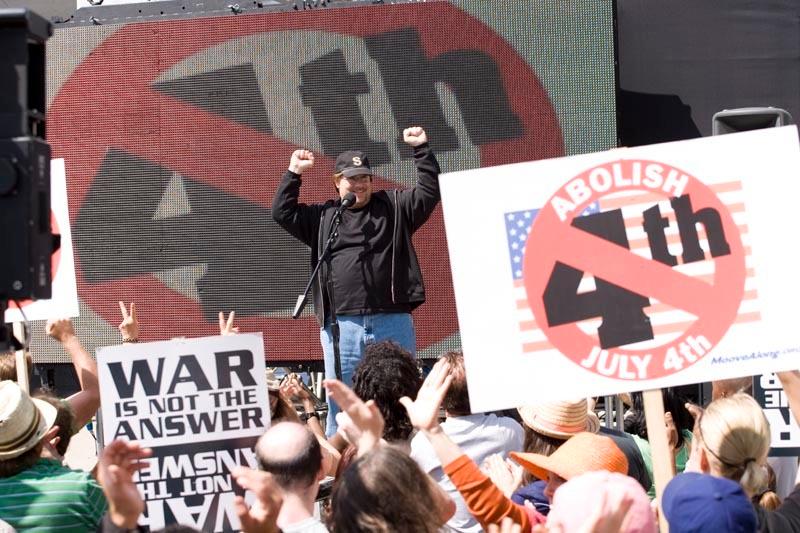
It drew only $7 million against a $20 million budget, sending Zucker to “director jail,” which Mr. Phillips—who went from funny film hall of fame (“Old School,” “The Hangover”) to Oscar-nominated drama acclaim (“Joker”)—left comedy to avoid.
“Our purpose was to make fun of politics. And to make fun of the left, you really can’t do that in Hollywood. I think we just touched this third rail that was toxic and electrocuting.”
He added: “It’s misconceived, in the fact that the left doesn’t really have a sense of humor about itself, and Republicans don’t go to see movies.”“I’m a little to the right of center,” he said, “and I don’t see movies … I don’t think it helped me in Hollywood, but what can I do? I only know to do the best I can do.”
Mr. Zucker now keeps busy screening his popular catalog worldwide.
He is hopeful the renewal of attention the forthcoming “Naked Gun” reboot invites to his filmography will attract investor—and general—interest in his next projects.
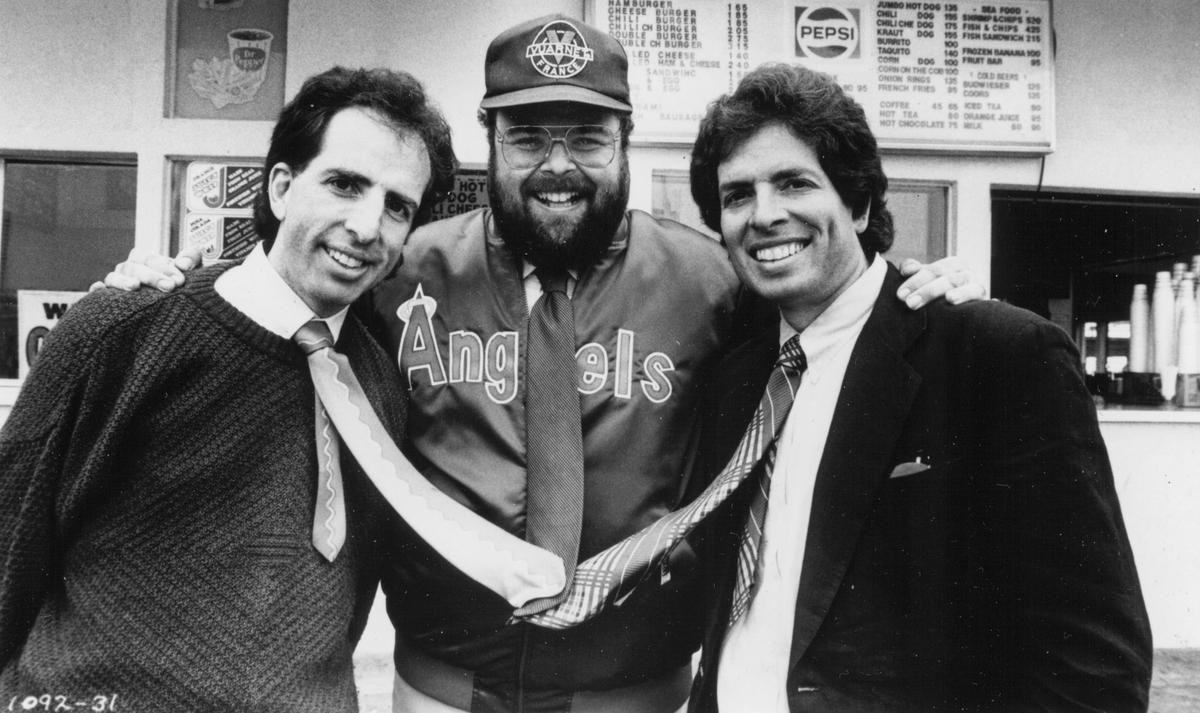
“I think they miss us,” said Mr. Zucker. “No one else has been able to do it [sustainably entertain through the spoof genre].”
Through his work, Mr. Zucker brings audiences—predominantly fathers and sons, and uncles and nephews—together over a simple truth: that comedy is supposed to be funny.
“At Q and As, it often comes up—the P.C. sensitivities of audiences now. When asked if ‘Airplane!’ could be made today, I say ‘Of course, just without the jokes,’” he quipped. “The truth is: audiences still love it. But it’s the studio executives that are so overly sensitive, they would never greenlight a picture like that [today].”
In “Destroying Comedy,” Mr. Zucker wrote: “Today, we’re faced with social and political pressures that are tearing our country and our families apart,” sarcastically digressing that he could “do without some family members anyway,” before returning to his thesis. “We live in the most outrageous period in our recent history, when the need for humor is greatest, and yet we seem to be losing our ability to laugh at ourselves and our world.”
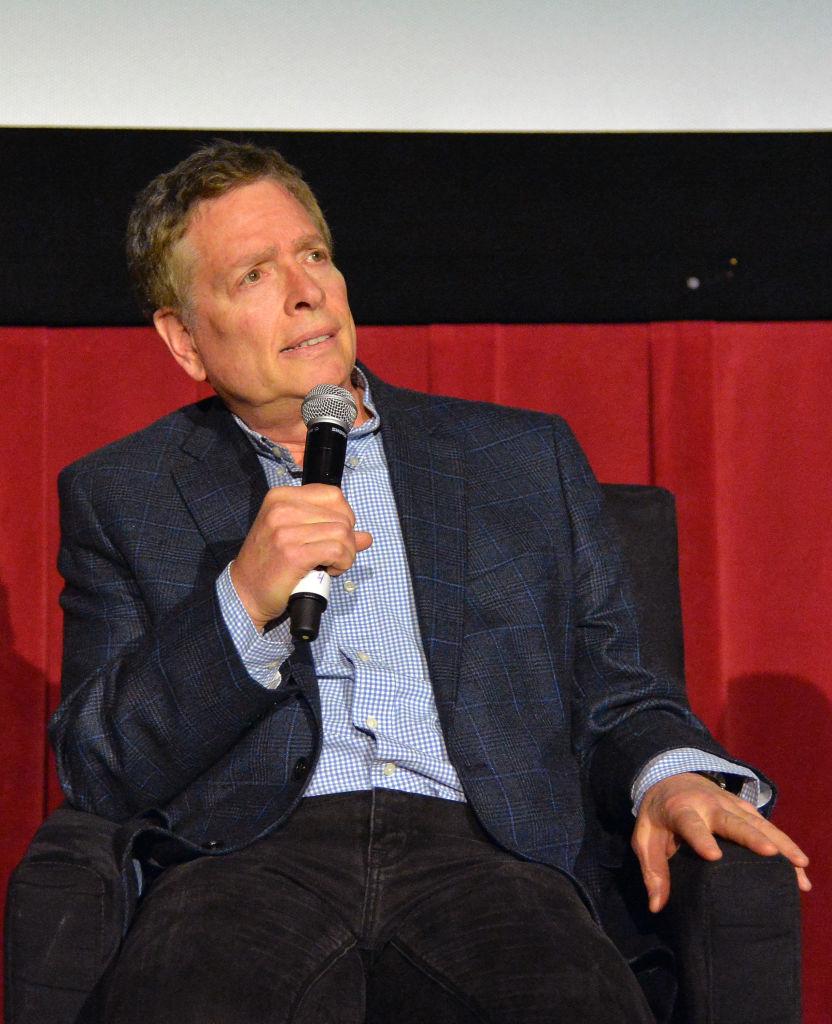
Mr. Zucker and his longtime battery-mates, Pat Proft and Mike McManus, first submitted their “Mission: Impossible”-consumed lampoon as “Naked: Impossible” in 2018, which Paramount rejected despite enjoying it in the room.
“That’s Hollywood,” Mr. Zucker surmised, positing such might have something to do with a female exec taking umbrage with a “very mild” joke involving a woman who booked herself a breast reduction to fit into a Kevlar vest.
“If I put my name on something, I have to work on it.”
Of the franchise’s new facilitators, Mr. MacFarlane and Mr. Schaffer, Mr. Zucker says: “They are big fans of ‘Naked Gun.’ Seth called me, he was very nice. Akiva came to my house, I had a great meeting with him—they have been very respectful to me.”
Despite the complicated public perception of police officers in today’s climate, Mr. Zucker doesn’t “think they’re going to change anything [in ‘Naked Gun’] to a [social] message, or anything.”
“I think our sense of humor is so specific,” he said, “and they’re doing theirs.”
Five decades into his career, David Zucker still hasn’t strayed from his tune.
He won’t soon turn to any station other than the only one he’s ever cared to know.
He never saw “Airplane II,” which he and his team were not involved with. “Plainly, we weren’t interested. But I won’t go to see any movie.”
Case in point: in being uninvolved with this next “Naked Gun” foray, the Los Angeles mainstay told The Epoch Times over a bicoastal conversation that he can’t help but compare this circumstance to a favorite moment from his foremost reference point, The Marx Brothers’ “A Night at the Opera” (1935).
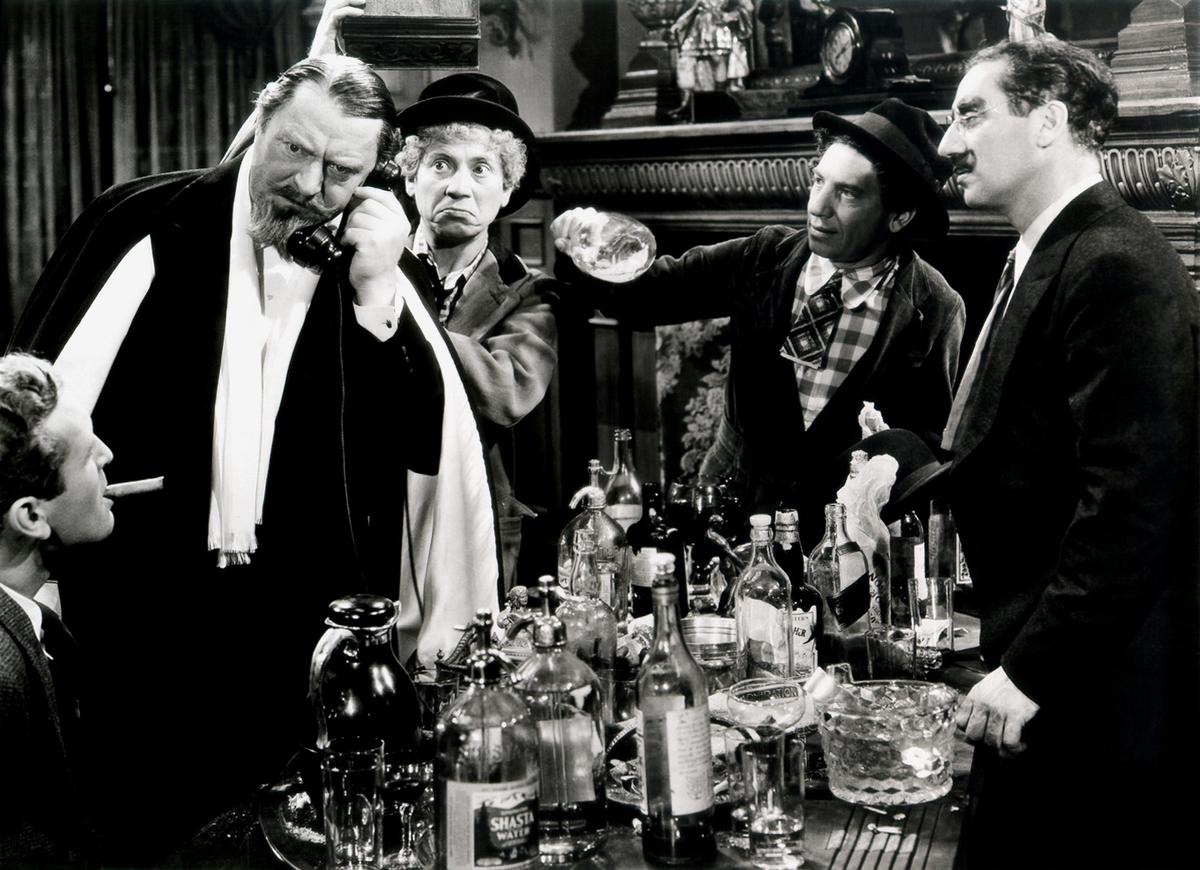
“Groucho is yelling at Chico when he finds out he wants to give a high salary to a mediocre tenor. Groucho says, ‘You’re willing to pay him $1,000 a night just for singing. Why, you can get a phonograph of Minnie the Moocher for 75 cents! And, for a buck and a quarter, you can get Minnie.”
“So, it’s the only way I can describe this,” Mr. Zucker concludes. “I’m waving my arms in the end zone, I’m wide open, but no one’s passing me the ball.
“They could have gotten me, for nothing, because I love it. I love the franchise, and I don’t need the money—clearly,” razzing with agreement on why his Zoom background—depicting a glimpse into his opulent abode—is unblurred and on full display, as opposed to his interviewer’s.
“They probably think I’m using a walker, that I’m in a wheelchair … which I am not! In fact, I’m getting up to go get some coffee right now,” Mr. Zucker announced with spry conviction.
“You want any?”
